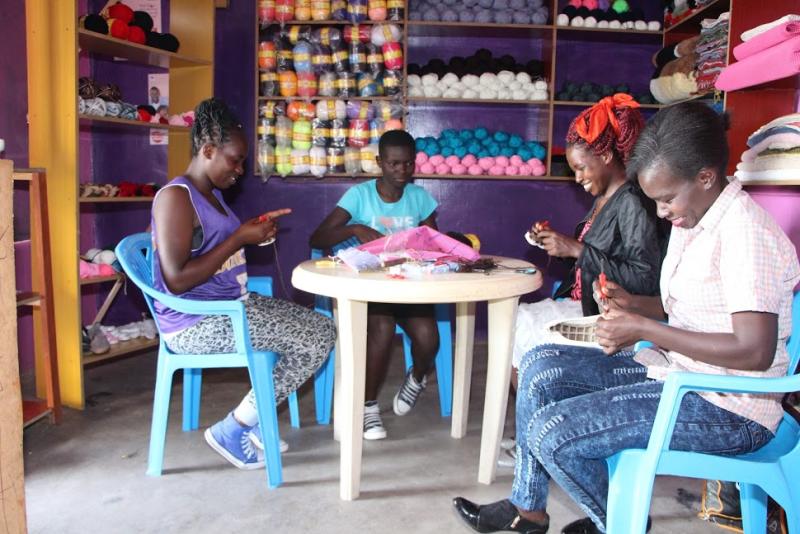×
The Standard e-Paper
Fearless, Trusted News

When Valary Lambisia Simiyu had her daughter, she discovered that it was difficult getting good quality baby shoes where she lived in Mbita, Homa Bay. Having grown up watching her mother knit and crochet, Valary decided to do the same for her daughter. Two years later, she runs a rapidly growing company, Crochet Hub, which netted an investment of Sh500,000 from Olive Gachara on KCB’s Lion’s Den.
What products does Crochet Hub stock?